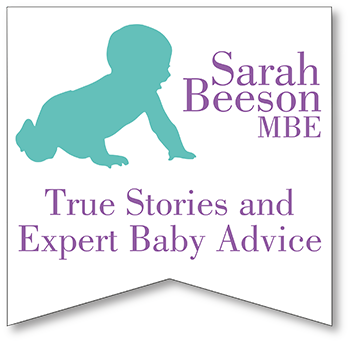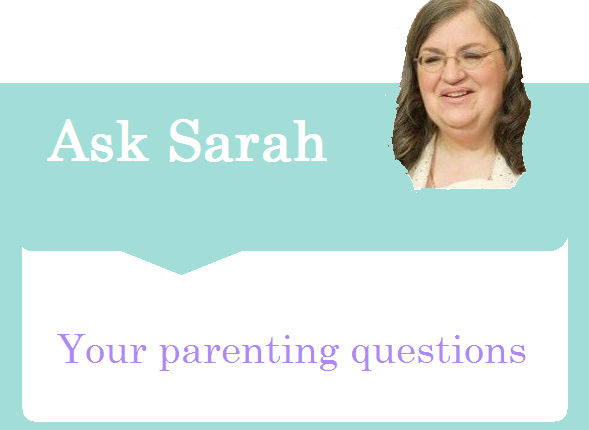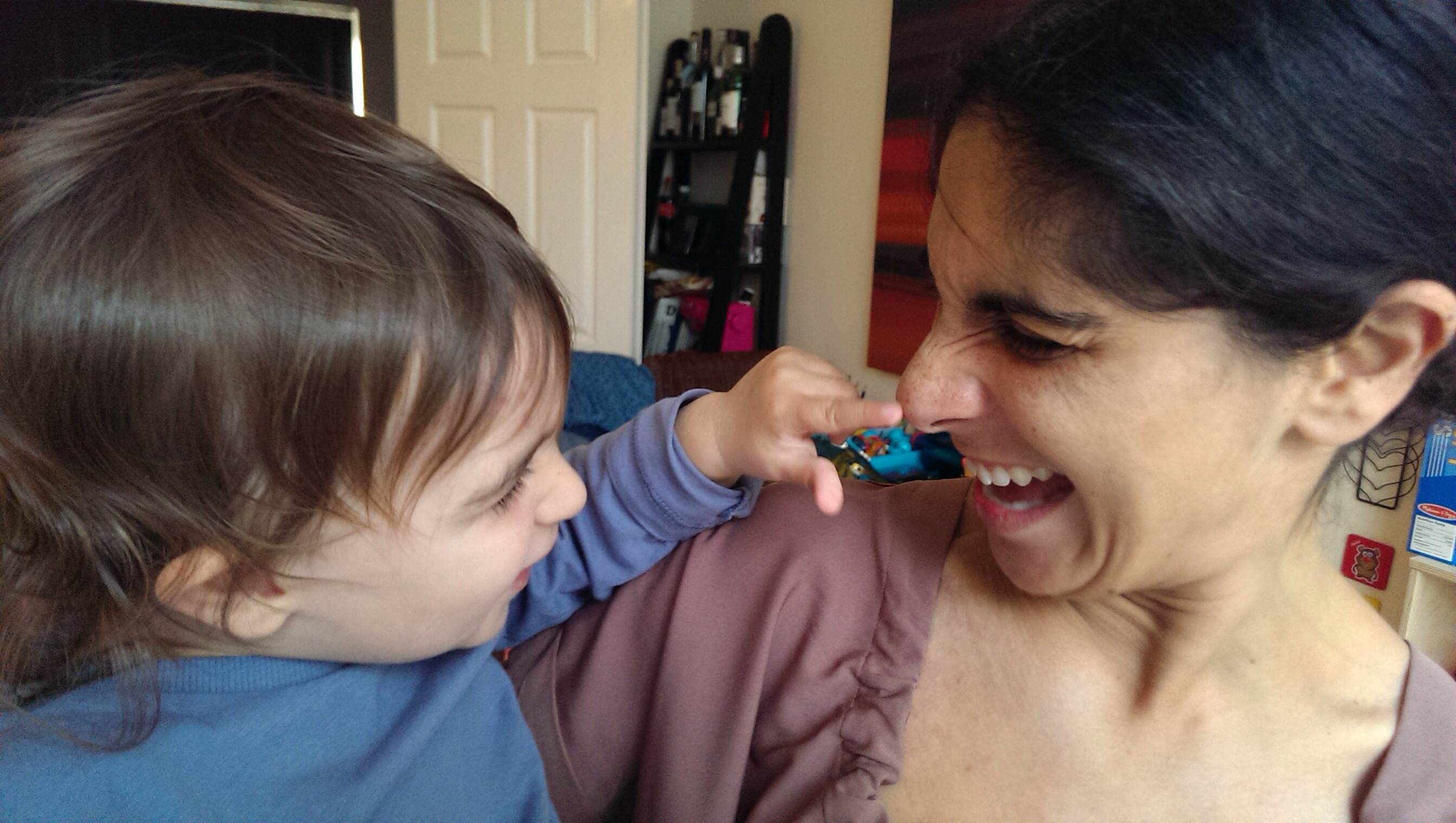Sarah shares her top christmas shopping tips with Tesco Living.
Christmas shopping with a baby
If you’ve got a newborn or a baby, the secret to Christmas shopping success is in careful planning and timing, says parenting author and former health visitor Sarah Beeson. You’ll want to coincide your shopping trip with when your child is sleeping, “So before you set off give them a really good feed, change their nappy and ensure they’re snuggled up and content,” she advises. “You will most likely only have a two-hour window to do a trolley dash, so make a list and plan exactly how to use this precious time.” If your little one wakes up, she does not recommend persevering. “There is no joy in walking around the shops with a crying baby, so park it if you can and come back another day.”
Christmas shopping with a toddler
If you’ve got a toddler or young children, the key is to avoid rush hour at the shops. “Go off-peak and avoid lunchtime and directly after school, as keeping the kids occupied in long queues is often the most challenging part of shopping,” explains Sarah. Before you leave for the shops, give your kids a drink and a snack, and ensure they’ve been to the toilet.
Make sure you’ve got everything you need with you too: “Have a few old toys that they haven’t seen in a while in your bag as a back-up to entertain them if they get fed up,” Sarah recommends. “Take a small banana and a bottle of water with you; tantrums are often related to dehydration, so a small, healthy snack can really help with good behaviour.” While it may be tempting to give in to your child’s pleas for a treat when you’re out, this is likely to backfire: “Sugary foods and drinks often make children overactive,” explains Sarah.
Turn them into Santa’s Little Helpers
If you will need to do the big Christmas food shop with your children, you can get a bit crafty, says Sarah. “Before you go, cut out pictures from the packet foods you regularly buy and create a list of items your children will be responsible for finding when you’re there,” she suggests. “Let them match the pictures on the shopping list in each aisle while you get on with the rest of the shop. Many places have little trolleys for children, which are great for making it a fun experience for them.” This approach may take a little while longer, but it keeps them occupied and out of your hair, and turns a chore into a learning opportunity. “Praise them when they find the items and you’ll have your very own Santa’s Little Helpers!”
Christmas shopping with older children
Your kids may be at that in-between stage when they’re not quite old enough to leave unsupervised. If you’re taking them along on a shopping trip, it’s still worth making sure they’ve had something to eat and drink and gone to the toilet before you set off. “Avoid bribery or threats to get them to behave,” Sarah advises. “Shopping for Christmas is part of creating a lovely occasion for the whole family, but takes planning and preparation,” she says. “This is a good opportunity to show them that it doesn’t just happen by magic.”
Help your child to feel included in the process by making a list together and letting them choose and make decisions on some of the things to buy. “This gives them some responsibility and shows you respect them,” says Sarah. If they’re busy looking for items and making choices about what to get, they won’t be bored and sulking. “Thank them for helping and give them praise – this shows them the standard of behaviour you expect and leads by example.”
Read the full article on Smart Shopping on Tesco Living
About Sarah Beeson MBE
Over four decades as a nurse and a health visitor Sarah Beeson’s career has been shaped by the needs of children. Since her earliest days on the wards of Hackney Hospital she has stood up for her patients as shown in The New Arrival her heartwarming true story of training to be a nurse in 1970s London.
Her expertise and innovation have been recognised with the MBE from the Queen for services to children and families, and her health prevention work received the Queen’s Nursing Institute Award but she’s happiest listening to mums talking about their baby.
Sarah firmly believes that this generation of parents is the best there has ever been. Her new parenting book Happy Baby, Happy Family: Learning to trust yourself and enjoy your baby is the culmination of a life time’s experience watching, listening and being part of thousands of families’ journeys from birth to their Little One’s first birthday and will be published by HarperCollins in Spring 2015.
Sarah second memoir about being a newly qualified health visiting in rural Kent in 1970s She’s Arrived! will be published by HarperCollins in March 2016.





